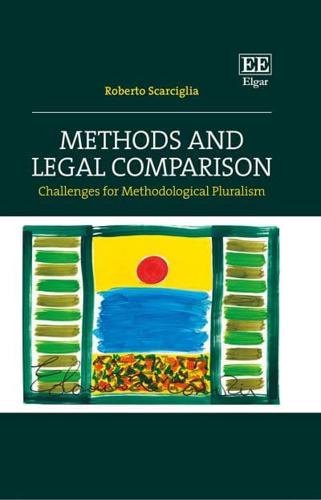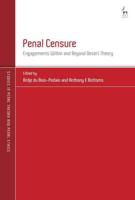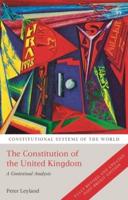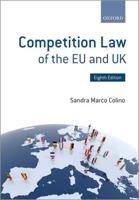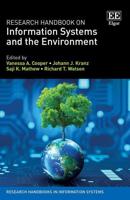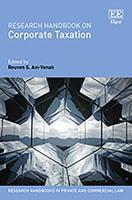Publisher's Synopsis
This comprehensive book explores different methods and approaches to legal comparison, considering how they are perceived and understood by the reader. It examines how comparative discussion can be used effectively in both the classroom and courtroom. The author builds on both analytical and methodological perspectives to provide an insight into the phenomenon of legal pluralism across global legal systems.
Chapters introduce a historical perspective to provide readers with the tools for deeper comparative legal research, while also discussing the various methods of comparative law and their usefulness in legal education and research. Roberto Scarciglia outlines a detailed methodological framework for the study of complex global issues, and explores the idea that collaboration between scholars and the growing trend towards interdisciplinarity are necessary to study complex legal problems and avoid superficial comparisons.
Providing a well-rounded exploration and navigation of this important topic, this book will be an essential companion for both undergraduate and postgraduate law students. Legal scholars and practitioners will benefit from the nuanced discussion of research on different legal systems.


